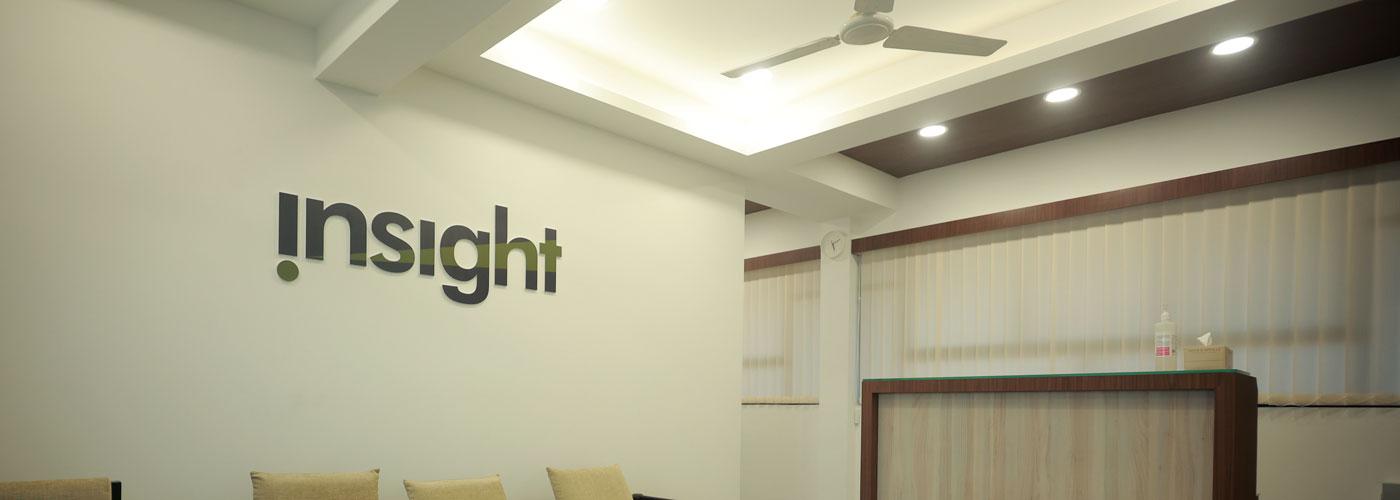Navigating the New Normal: Digital Friendships and Mental Health Apps
November 27, 2024 7:43 am
In today’s digital age, the nature of friendships and mental health care is undergoing a significant transformation. Digital friendships—relationships built and nurtured online—are becoming increasingly common. These connections can offer meaningful companionship and support, particularly for those who face geographical, social, or personal barriers. They allow people to connect across the globe, providing accessibility and convenience that traditional friendships might lack. For marginalized communities, such as LGBTQIA+ individuals or those with unique health conditions, online communities can offer vital support and understanding. However, the lack of physical presence in digital friendships can sometimes lead to feelings of loneliness and disconnection. There’s also the risk of authenticity concerns, as people may present idealized versions of themselves online, leading to potential misunderstandings. Additionally, the anonymity of the internet, while allowing for open expression, can pose risks such as cyberbullying and privacy breaches.
Alongside the rise of digital friendships, mental health apps are also becoming increasingly prevalent, promising to revolutionize the way we approach mental well-being. These apps provide tools for self-help, therapy, and mental wellness, available at any time and place. They can encourage individuals to address their mental health issues, especially those hesitant to seek help due to stigma, by offering a level of anonymity. The variety of resources these apps provide, from mood tracking and guided meditations to virtual therapy sessions, cater to diverse needs and preferences. However, not all mental health apps are created equal. Some lack clinical validation and can potentially offer ineffective or harmful advice. There’s also the risk of individuals becoming overly reliant on these apps and neglecting professional help. Furthermore, the sensitive nature of mental health data necessitates stringent privacy measures, but not all apps have robust security protocols, raising concerns about data breaches and misuse of personal information.
Striking a balance is crucial when navigating digital friendships and mental health apps. It’s important to stay authentic in online interactions, engage in meaningful conversations, and, if possible, meet in person to strengthen these bonds. When selecting mental health apps, choose those with clinical backing and positive user reviews, and ensure they have transparent data handling practices. Establish clear boundaries for online interactions to prevent burnout and maintain a healthy balance between digital and real-world experiences. Most importantly, while mental health apps can be a great supplementary tool, they should not replace professional mental health care. If you’re struggling, don’t hesitate to consult a licensed mental health professional. By approaching these digital tools with both enthusiasm and caution, we can enrich our lives while maintaining the deep, human connections and professional support that are foundational to our well-being.


